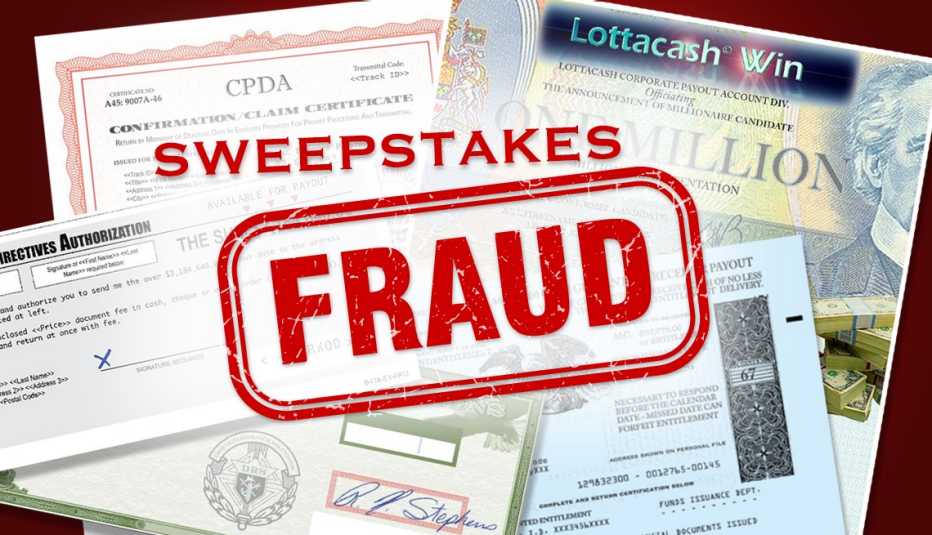Staying Fit
|The deal sounded sketchy to Axel Halvarson of Providence, Rhode Island. But coaching cheerleading part-time for a college wasn’t quite paying the bills, so he buried his doubts about a job opportunity sent by email.
He was told he could get paid for checking out the quality of retail operations at an Apple Store.


AARP Membership— $12 for your first year when you sign up for Automatic Renewal
Get instant access to members-only products and hundreds of discounts, a free second membership, and a subscription to AARP the Magazine.
Halvarson was sent a check for $3,000, deposited it and, as instructed, bought $2,600 worth of gift cards at an Apple Store using his debit card. The remaining $400 was to be his wages — except the check bounced.
Before he realized it was all a ruse, Halvarson had sent scammers the card and PIN for two $1,300 gift cards. So instead of landing a second job, he lost $2,600. “I’m still freshly out of school and getting by,” says Halvarson, 24. “That’s a good chunk of change.”
Before the holidays, be forewarned
Halvarson has plenty of company — and his misfortune is a cautionary tale as the busy holiday shopping season kicks off.
Three-quarters of the way into 2020, $79.9 million has been reported as lost in scams involving gift cards and reload cards, according to the Federal Trade Commission (FTC), up from $75.6 million for the same period in 2019. Reported losses for all of 2019 were $102.9 million, a big increase from the $78 million in losses in 2018 and $39.7 million in 2017.
Gift cards are a leading payment method for scammers. As carrels of cards grew like weeds in stores, criminals realized they were an easy way to rake in money that’s untraceable. The FTC has cracked down on wire-transfer fraud, and consumers have gotten smart about not giving out their credit card numbers to strangers, contributing to the rise of cards as a favorite for rip-off artists.



































































